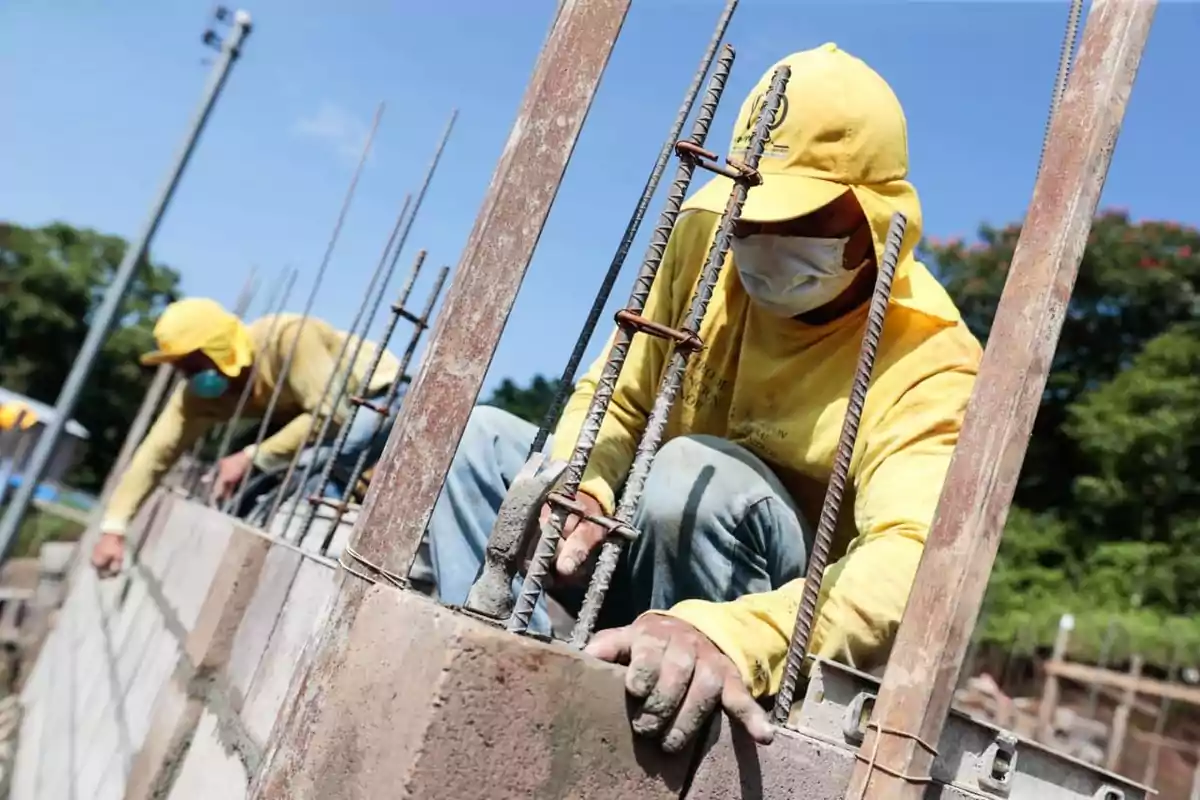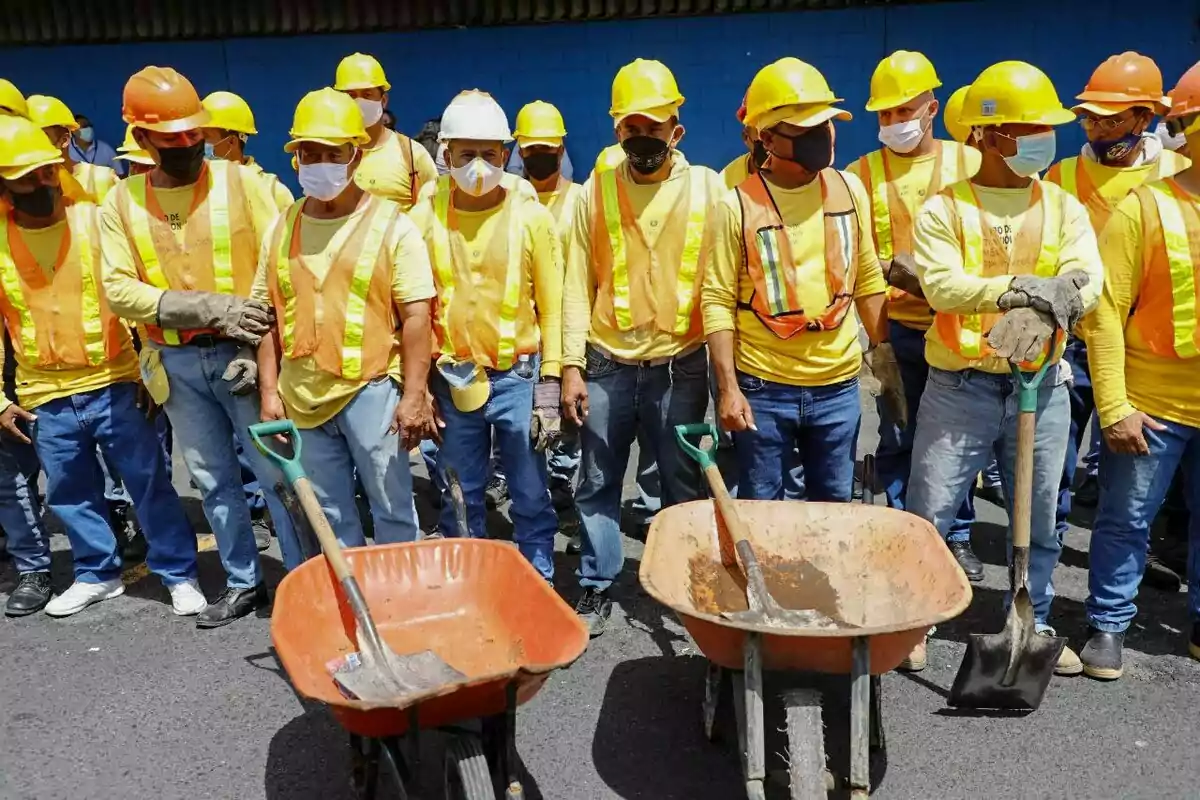
Nayib Bukele will use prisoners as labor to rebuild schools in his country.
These are job reintegration programs promoted by the government, and they represent significant resource savings
The president of El Salvador, Nayib Bukele, launched one of his most ambitious projects, which consists of a deep transformation of the educational system through a historic investment, a school reconstruction plan, and the use of prisoners as a labor force.
In an event broadcast nationwide from the San Luis Talpa district, the head of state presented the program "Two Schools per Day," whose goal is to renew the country's educational infrastructure at an accelerated pace. In this context, Bukele publicly acknowledged that his administration did not fulfill the previous promise to remodel more than five thousand schools in five years, which is why they launched this new, more realistic plan.
The president explained that each educational center involved will undergo comprehensive improvements that will include the construction of modern, ventilated classrooms, green areas, kitchens, dining halls, sports fields, and accessible entrances for people with disabilities. In addition, systems for wastewater treatment, solar panels, and spaces dedicated to early childhood care will be incorporated.

Through an official website enabled by the government, the population will be able to monitor the progress of the work in real time. However, what attracted the most attention was that many of the projects will be carried out by prisoners from the Salvadoran penitentiary system.
One of the most notable features of the project is precisely the use of labor from incarcerated individuals. Although details about its implementation have not yet been provided, authorities have confirmed that part of the work will be carried out by inmates, as part of the job reintegration programs promoted by the government. This strategy, in addition to representing a resource saving, seeks to strengthen the message of recovery of public spaces through the work of those who are serving sentences for their crimes.
The initial funding for the program comes, in part, from a 100 million dollar loan granted by the Development Bank of Latin America and the Caribbean (CAF), approved by the Legislative Assembly. These funds will be used in a first phase to modernize 125 schools in the departments of San Salvador, La Libertad, and San Vicente. However, the total amount to be invested in the full development of this ambitious initiative has not yet been precisely defined.

Sharp drop in homicides in El Salvador
Since March 2022, El Salvador has remained under a state of exception, established by Congress after a wave of violence that left around 80 dead in just three days. According to investigations, this escalation of homicides may have originated from the breakdown of an agreement between the state and the gangs. The measure has been the subject of strong criticism from human rights organizations, which constantly worry about defending criminals and murderers.
Despite the criticism, the homicide rate dropped significantly in the country. In March 2024, the attorney general of El Salvador, Rodolfo Delgado, reported that 114 homicides had been recorded so far this year, representing a decrease of 40 cases compared to 2023, that is, a 26% year-on-year drop. It is worth remembering that in 2015 El Salvador was among the most violent countries on the planet, with a rate of 103 murders per 100,000 inhabitants. Currently, that indicator has dropped to less than 2 per 100,000.
More posts: